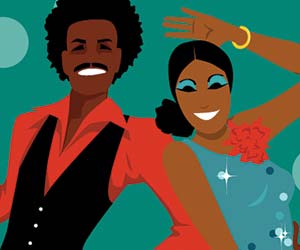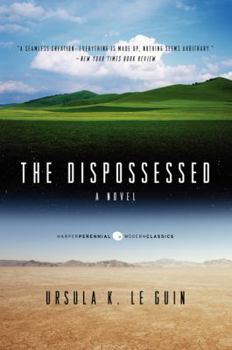Book Overview
One of The Atlantic's Great American Novels "One of the greats. . . . Not just a science fiction writer; a literary icon." --Stephen King "Engrossing . . . Ursula Le Guin is more than just a writer of adult fantasy and science fiction . . . she is a philosopher; an explorer in the landscapes of the mind." -- Cincinnati Enquirer Ursula...
Related Subjects
Contemporary Fiction Literary Literature & Fiction Science Fiction Science Fiction & FantasyCustomer Reviews
No bosses, no bankers, no owners, no wars...
Viva Shevek!
More than just utopian sci-fi
Illuminating, Inspiring, Beautiful
Repossess the future
The Dispossessed Mentions in Our Blog

It's interesting to look back at pop culture that withstands the test of time. It's time for our annual roundup of some of the enduring titles hitting the half-century mark this year. Here are ten memorable books published in 1974.

Head back in time with us to the 1970s: an era that was awkward yet edgy, indulgent, while principled. Here, we look back at a time of upheaval and change, a time when divisions seemed vast and impassable, a time not unlike today.






